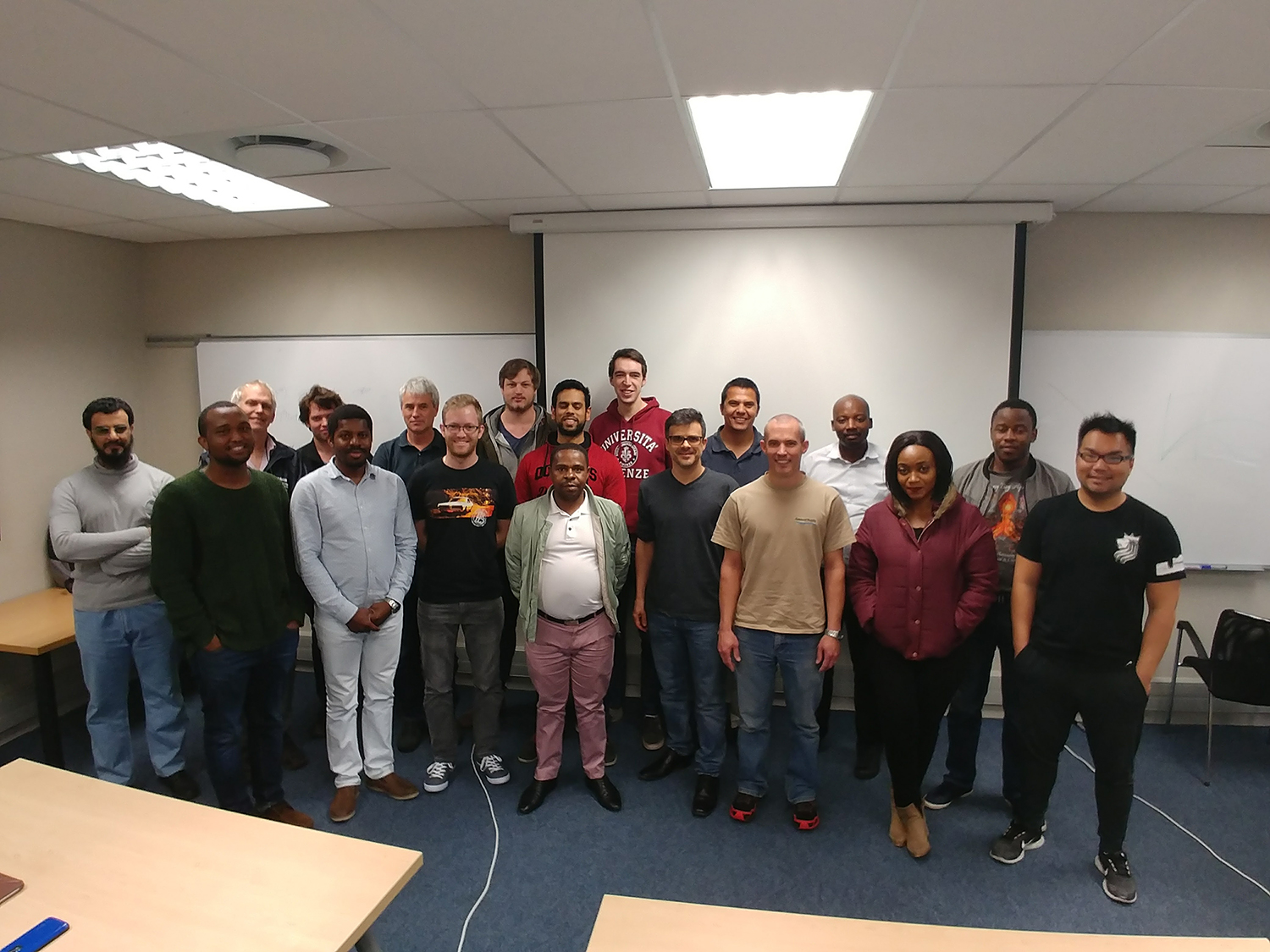
Course Information
Dates: 18 to 22 September 2017
Presenter: Rodolfo Lima
Course code: EEE5120Z
Venue: Menzies Seminar Room, 6th Floor, Menzies Building (Upper Campus), University of Cape Town
Course Description
The exploitation of the electromagnetic spectrum (EMS) brought significant change to the world over the past decades. The rapid growth of electronic technologies and the fast growing applications in communications, sensing (including radar) and intelligence led the increasingly important utilization of the EMS. Similarly, this same revolution played (and plays) a significant role is shaping military organizational structures worldwide. Nowadays, Electronic Defence represents an important scientific discipline; it has become a serious field with numerous applications and will play an increasingly greater role in future conflicts. One can find several definitions for Electronic Defence in the literature. Although these can differ in some ways, they all share the same core aspects. A basic or simple way to look at ED is to understand that its objectives are to ensure the full use of the electromagnetic (EM) spectrum for friendly forces and to deny, reduce or prevent its use by the opponents. Despite the civilian applications, it’s usually a military discipline. ED consists of measures, activities and systems to fulfil these objectives. Electronic Defence is generally divided into three main disciplines: Electronic Support (ES), Electronic Attack (EA) and Electronic Protection (EP).
Course Overview
Having successfully completed this course, students should achieve:
- Understanding of Electronic Defence main concepts
- Understanding of Electronic Support regarding its concepts and knowledge of ES measures and activities
- Understanding of Electronic Attack regarding its concepts and knowledge of EA measures and techniques
- Understanding of Electronic Protection regarding its concepts and knowledge of EP applications
- Understanding of Electronic Intelligence regarding its concepts and knowledge of ELINT activities and applications
- Understanding of the fundamentals of system architectures and basic signal processing techniques that are used in Electronic Defence
Electronic Defence comprehends an enormously broad field of knowledge. Once mastering its fundamentals, one can identify and choose one of the many topics to specialize in, with the appropriate basis to follow the chosen path. Supplementary textbooks are indicated so that the student can specialize and deepen his studies in a preferred related topic.
Presenter
Dr. Rodolfo Lima has been a Researcher for the Brazilian Navy for more than 7 years and previously worked for 12 years in academia, as a Research Engineer at the Pontifical Catholic University of Rio de Janeiro (PUCRio). His main field of activity in Electronic Defence is microwave systems. Graduated in Electrical Engineering, specialized in Electronics and Telecommunications, at PUC-Rio in 1994, where he achieved his M.Sc. Degree in Electrical Engineering in 1996, in the field of Applied Electromagnetism: Microwave and Optical Communications. Worked as a Research Engineer in the Center for Telecommunications Studies (CETUC) at PUC-Rio from 1996 to 2006, where he engaged in the D.Sc. Program, achieving his D.Sc. Degree in Electrical Engineering in 2008, also in the field of Applied Electromagnetism, Microwaves. In 2010 joined the Electronic Warfare and Radar Systems Group at the Brazilian Navy Research Institute (IPqM), where he works now as Associate Researcher. Topics assessed in past activities: Electronic Defence Systems – architecture, development, evaluation; Radar ESM - Electronic Support Measures; microwave circuits, components and systems; microwave measurement techniques; optical telecommunications components and systems, optical networks; data acquisition and automation; programming and simulation; 3D EM simulation.
